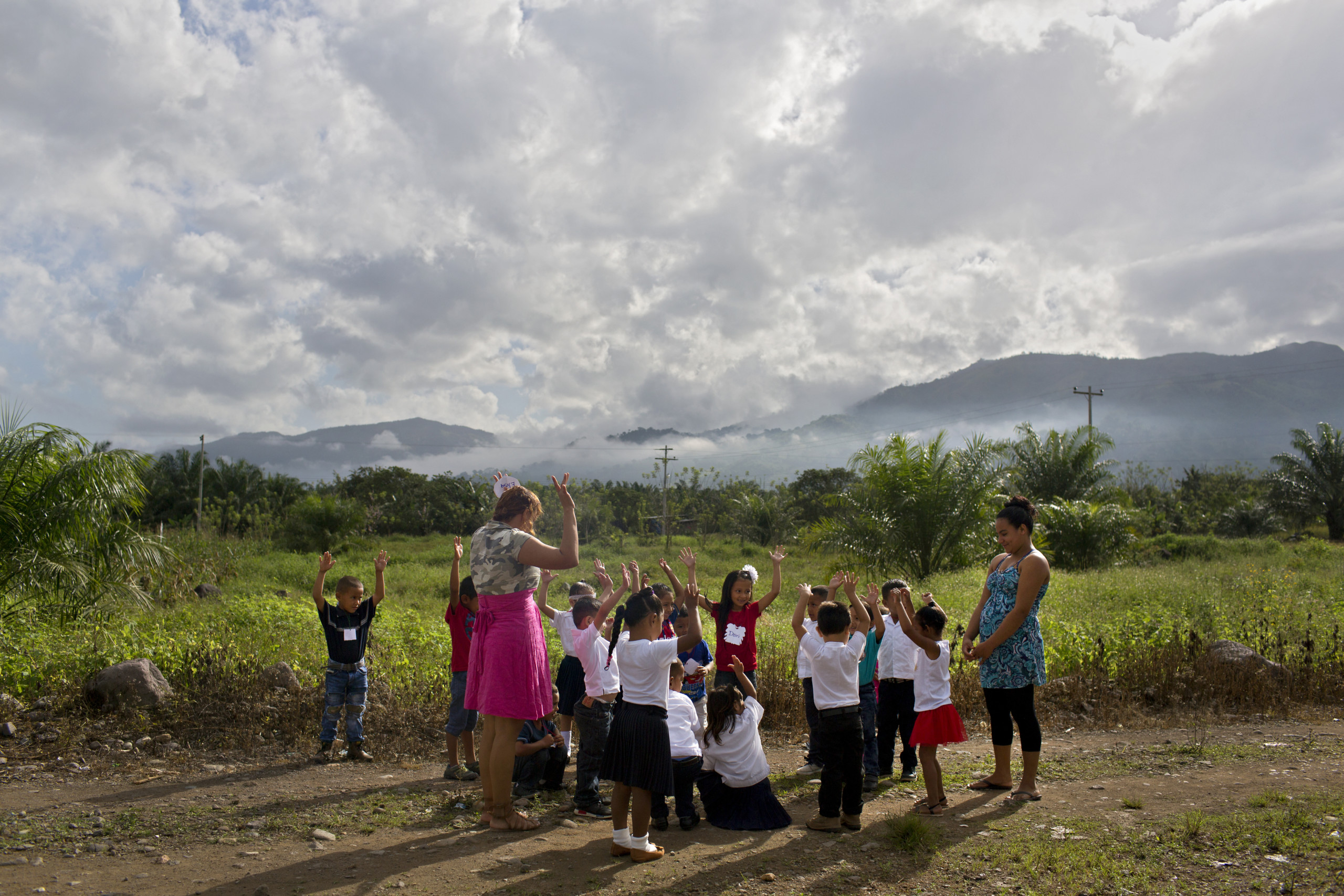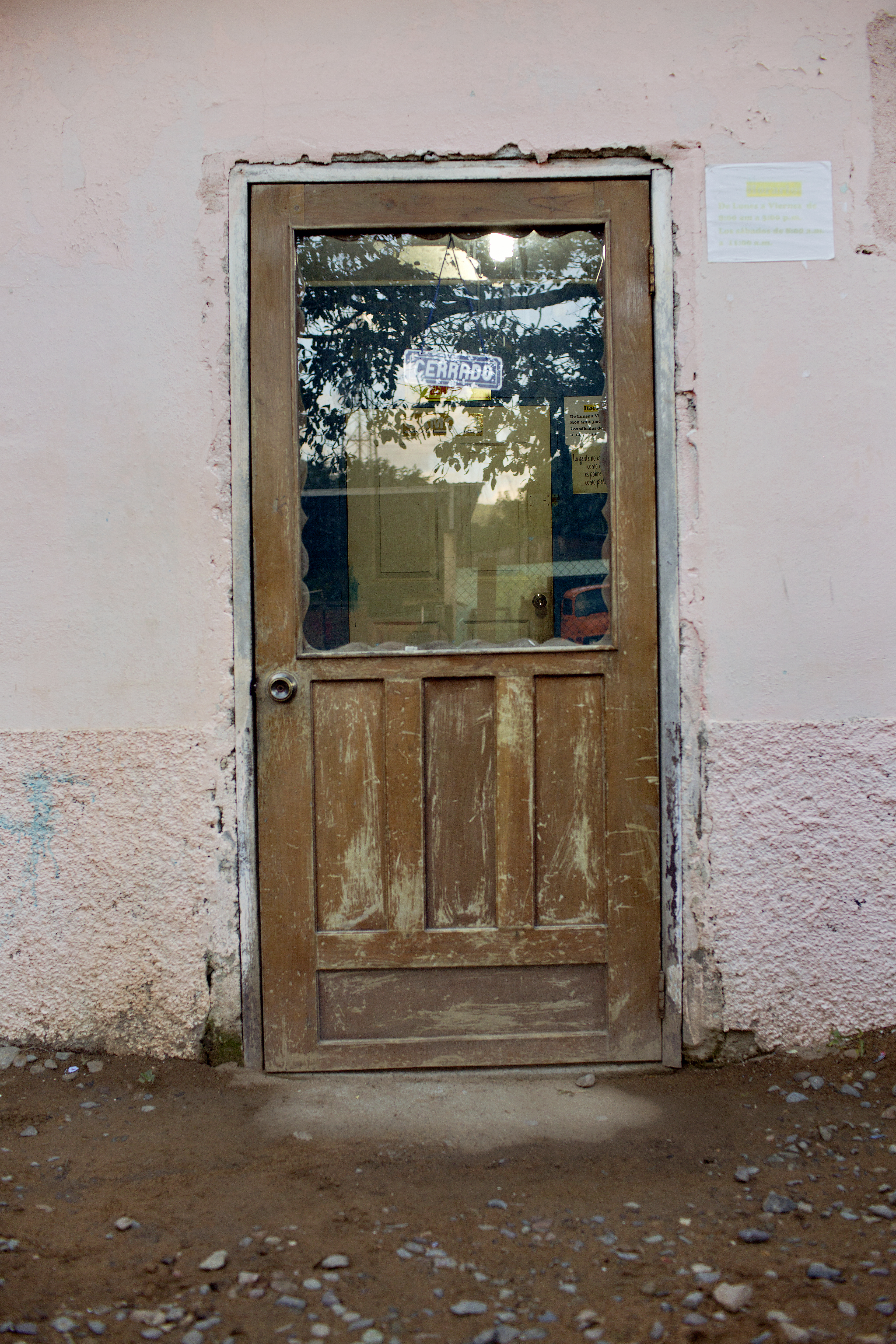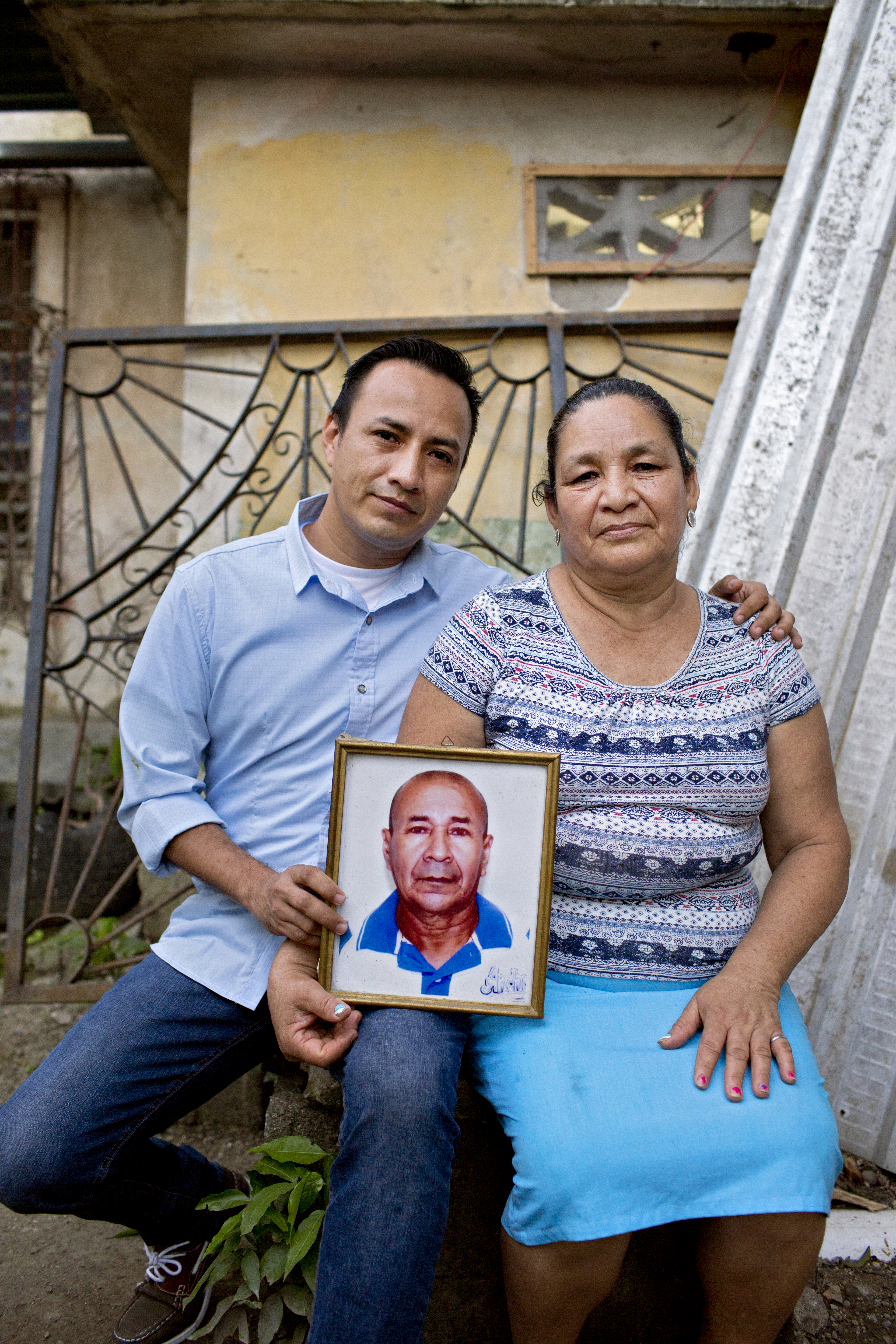18 October 2016
Tocoa, Honduras
José Ángel Flores
Profession
Community
Motive
Exposure of illegal activity
Political dissent
Whistleblowing


Adolfo Olivas


Ahmed Divela


Amit Jethwa


Artan Cuku


Babita Deokaran


Bayo Ohu


Berta Cáceres


Bhupendra Veera


Bill Kayong


Boris Nemtsov


Boško Buha


Chai Boonthonglek


Charl Kinnear


Chut Wutty


Chynybek Aliev


Cihan Hayirsevener


Daphne Caruana Galizia


Darío Fernández


Derk Wiersum


Deyda Hydara


Édgar Quintero


Edmore Ndou


Edwin Dagua


Federico Del Prete


Fernando Villavicencio


Gezahegn Gebremeskel


Gilles Cistac


Habibur Mondal


Igor Alexandrov


Jacob Juma


Ján Kuciak


Javier Valdez


Joannah Stutchbury


José Ángel Flores


Jules Koum Koum


Kem Ley


Luis Marroquín


Mahamudo Amurane


Marcelo Rivera


María Elena Ferral Hernández


Marielle Franco


Milan Pantić


Milan Vukelić


Muhammad Khan


Nelson García


Nihal Perera


Oliver Ivanović


Orel Sambrano


Perween Rahman


Peter R. de Vries


Rajendra Singh


Salim Kancil


Sandeep Sharma


Sikhosiphi Radebe


Slaviša Krunić


Soe Moe Tun


Victor Mabunda


Virgil Săhleanu


Wayne Lotter


Yuniol Ramírez


Zezico Guajajara
18 October 2016
Tocoa, Honduras
Profession
Community
Motive
Exposure of illegal activity
Political dissent
Whistleblowing
On 20 December 2013, José Ángel Flores Menjivar wrote the list. The 63-year-old president of the Unified Campesino Movement of the Aguán (MUCA in Spanish), a farmworkers’ cooperative in the Bajo Aguán region of Honduras, put 29 names down on a sheet of paper and handed it to his son Lenin. It was a daring act naming suspected hitmen whom the state had refused to investigate.
The list identified those who, Flores alleged, were members of a nascent paramilitary force responsible for committing acts of violent crime, such as rape and murder. The victims were Flores’s fellow farmworkers, who had been struggling to reclaim plantations of African palm from three wealthy businessmen, who, until cooperatives such as MUCA contested the situation, had owned most of Bajo Aguán.
Since 2010, more than 140 farmworkers have been murdered in the region, seemingly by a combination of shadowy actors (such as this paramilitary force, as well as the Honduran police and military) and the landowners’ private security guards. But Flores hoped that his list would spur action. With it, he included a six-page testimony in his scrawling cursive that documented all the crimes that his research had so far linked to the paramilitary.
A month later, Flores added a two-page addendum, in which he revealed his suspicion that Celio Rodríguez – the alleged leader of the paramilitary, a former special-forces sergeant and the son-in-law of a powerful congressman – had ordered his assassination. ‘I wish to express that between the end of 2013 and beginning of 2014 the order was given to execute me. It was ordered by Celio Rodríguez,’ wrote Flores. ‘If I die, I request that a human rights organization investigate.’ He then asked Lenin to publicize the list and its accompanying documents if anything happened to him.
On 18 October 2016, Flores was shot dead by four masked men. It was the afternoon and he was in his community at La Confianza, talking with other farmworkers after adjourning a MUCA meeting. When the shots rang out, the dozens of people milling about outside ran for cover.
After the murder, Lenin appeared on radio and television news to read, over and over again, his father’s list. He also paid regular visits to government agencies, which led the public prosecutor’s office to investigate Flores’s death and eventually produce a flowchart of nine hitmen, at the top of which was Rodríguez, the former military-intelligence official Flores had warned about. (Although arrest warrants were issued and at least three members of the group captured, Rodríguez remains free.)
The murder has significantly disrupted the lives of Flores’s family members, who, together with some of his colleagues and many of the witnesses to the murder, have had to flee Bajo Aguán. Some are living undocumented in the United States; others remain in hiding in various parts of Central America. His widow, children and grandchildren today live in an urban neighbourhood that, like many in the Northern Triangle (consisting of Honduras, El Salvador and Guatemala), is a tense place to be. The gangs and organized-crime groups that rule the neighbourhood make daily movements – to work or to school – especially difficult for the young men in the family.
Flores’s two eldest sons, Lenin and Fernando, have become the public faces of their father’s case while the rest of the family keep a low profile. The murder has changed everything about their lives and daily routines, said Lenin. They share little of their lives with workmates and friends, and avoid having sensitive conversations on the phone in case the lines are tapped. But Lenin’s overriding concern is his mother, an otherwise strong woman, delighted with her grandchildren and proud of her family, who now frequently breaks down, overcome by grief.

Schoolchildren play in the Nueva Lempira community of the Bajo Aguán region of Honduras

A sign marked 'cerrado,' or closed, hangs on the door of the organization in the La Confianza cooperative, where José Ángel Flores was a leader

Ángel Lenin Flores and his mother hold a photo of José Ángel, a campesino leader murdered by a paramilitary band that has cropped up in a battle for land between campesino cooperatives and wealthy landowners in the Bajo Aguán region of Honduras
The family know that paramilitaries don’t kill for sport, that they serve a master. And although no court has proven who that master is, the residents of Bajo Aguán have long denounced the state security forces – who are provided with sophisticated spying technology by foreign companies and governments, nominally for the fight against drugs – for working with narcos, and prominent politicians and businessmen.
In Bajo Aguán, those farmworkers who remain continue trying to build a community amid the exodus. But there is the sense of a looming threat. At the entrance gate to one reclaimed palm cooperative, called Lempira, residents take turns standing guard. Inside, there is a school, a health clinic and a local-governance system. It is an impressively self-sufficient place built with the cooperative’s own manpower and resources – the type of community that could help deflate corruption and undergird a better future for Honduras. But, as threats intensify and families flee, the social fabric woven by cooperatives unravels a little more. Forced emigration is yet another way for security forces to dissolve the farmworkers’ political struggle.
The Aguán Valley is known for being a hotspot in the drugs trade, and the trafficking of drugs through the region increases the threat of violence faced by the community. One of the three main landowners in Bajo Aguán, the late Miguel Facusse, was suspected by the US government of using his vast plantations for this purpose, although he was never prosecuted for it. Farmworker leaders, such as those present at the tragic MUCA meeting, have also condemned the military’s involvement in moving drugs.
But the battle over plantations of African palm is just the latest version of an old story: development schemes that empower corruption and organized crime, concentrate wealth and plough over resistance. The Flores family has lived it through the generations. Lenin’s grandmother came to the region to work in the bananeras, transnational corporations that enjoyed tight ties to political strongmen and state security forces. The family acquired land in the Aguán Valley that they later had to abandon during neoliberal land reforms in the 1990s.
Flores’s murder while trying to gain back that land reveals the newest dynamics of long-standing corruption and violence, most significantly around infrastructure and natural-resource-extraction projects in Honduras. The use of hitmen and paramilitary structures to destroy social movements is common, particularly because it enables powerful actors to continue operating above ground while delegating the work of violence to structures underground, thus safeguarding corporate and political reputations. Furthermore, the use of police and the military to enforce the wishes of powerful businessmen and politicians – for example, in the evicting of cooperatives – gives a veneer of legitimacy to essentially corrupt practices.
These are the same dynamics behind the murder of environmentalist Berta Cáceres and the continuing struggles of such groups as the Council of Popular and Indigenous Organizations of Honduras against megaprojects. Flores’s death – and the particular struggles faced by the MUCA – sheds light on widespread issues plaguing cooperatives in Honduras. ‘There is strong tension, colleagues who can’t sleep any more, threats, evictions,’ reveals Jamie Cabrera, a farmworker with the Gregorio Chávez cooperative. ‘There’s no cooperative that doesn’t have many families living in exile out of the country.’
A woman standing beside Cabrera, who asked to remain anonymous, added: ‘The ambition for power, for money … I’ve seen so many things in my time that I don’t understand. So many children who just want to live on their land with dignity, yet those people gun us down without thinking twice. That’s what people are fleeing. We are marked,’ she said. ‘It’s something you internalize. But I prefer to die speaking the truth.’


14 August 2005
Esteli, Nicaragua
Adolfo Olivas


2 March 2016
Honduras
Berta Cáceres


6 November 2011
Penonomé, Panama
Darío Fernández


15 May 2022
Santander de Quilichao, Colombia
Édgar Quintero


7 December 2018
Cauca, Colombia
Edwin Dagua


9 August 2023
Quito, Ecuador
Fernando Villavicencio


15 May 2017
Culiacán, Mexico
Javier Valdez


9 May 2018
San Luis Jilotepeque, Guatemala
Luis Marroquín


9 July 2009
San Isidro, El Salvador
Marcelo Rivera


30 March 2020
Papantla, Veracruz, Mexico
María Elena Ferral Hernández


14 March 2018
Rio de Janeiro, Brazil
Marielle Franco


15 March 2016
Honduras
Nelson García


16 January 2009
Valencia, Venezuela
Orel Sambrano


13 October 2017
Santo Domingo, Dominican Republic
Yuniol Ramírez


31 March 2020
Zutiwa, State of Maranhão, Brazil
Zezico Guajajara